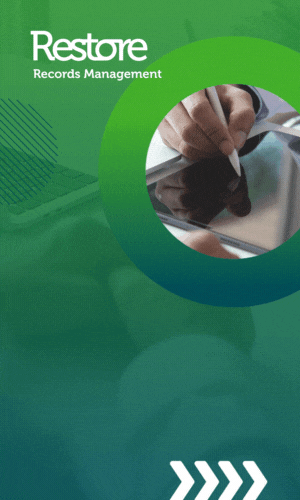As part of the HTN Health Tech Trends Series, sponsored by InterSystems, we explore how The Christie NHS Foundation Trust responded to the COVID-19 pandemic.
In this article we hear from Eileen Jessop, Chief Information Officer at The Christie NHS Foundation Trust.
The Christie initiated its business continuity plans before the World Health Organisation on 11th March declared a pandemic as a result of COVID-19. The Digital Services Team at the trust carried out a quick review of digital programmes to assess and refocus where appropriate, resources and capacity to support. The team initiated new projects as a result and accelerated some projects in flight locally and as part of the wider GM region.
As with many trusts the team started a project to mobilise its staff to work from anywhere safely.
 Eileen Jessop, CIO, The Christie said to HTN “The first week of the pandemic saw mass deployment of laptops and Microsoft Teams taking a fast-phased approach to mobilising and connecting the workforce to continue to work remotely. This included always on VPN to newly deployed laptops to overcome the high demand for VPN tokens which where nationally in short supply. The team also enabled a rapid deployment of PACS machines to enable Radiologist to continue their clinical roles in their homes.“
Eileen Jessop, CIO, The Christie said to HTN “The first week of the pandemic saw mass deployment of laptops and Microsoft Teams taking a fast-phased approach to mobilising and connecting the workforce to continue to work remotely. This included always on VPN to newly deployed laptops to overcome the high demand for VPN tokens which where nationally in short supply. The team also enabled a rapid deployment of PACS machines to enable Radiologist to continue their clinical roles in their homes.“
“Digital Services set up a control room to respond directly to COVID-19 related requests from clinical and corporate services; this is being run virtually with 7 days a week cover and reports directly to the executive management team on a daily basis of key issues and progress of priority projects utilising MS Teams.”
“We are now coming towards the end of the mobilisation phase and moving into improving the experience of those staff working remotely so they are well managed, supported and productive.”
Improving system use, reducing paper and improving information flows
“Here we focused on supporting the user experience by improving the system use by ensuring the relevant information is available to the user with respect to content, context, location, time of use and data capture to meet the requirements of their role within the organisation.“
“Information overload comes from too much information provided to the users in too many different formats; consequently nurses, clinicians and operational staff have to spend more time to locate their desired information to fulfil their information needs.”
This phase included:
- eForms on demand: a highly bespoke service to rapidly respond to user requirements during COVID-19 for existing form amendments or the creation of new forms which provides digital clinical workflow within the EPR. Within the first 2 weeks of the pandemic over 15 new forms or amendments to existing forms were completed, tested and deployed.
- Visual data analytics of activity was provided to show key inpatient data activity in clinical areas; clinicians can see pertinent information about patients at a glance without logging into the EPR.
- Rapid acceleration to connect the Christie to the Greater Manchester Local Health and Care Record (LHCR) to support direct care in the COVID pandemic provides a longitudinal record from GP practices through to secondary and specialist care. All will be accessed via the Trusts own EPR.”
Improving communications platforms
“This focused on communication pathways across the Trust; connecting both the clinical patient care pathways and business operations of the trust. Some existing projects have been scaled up at speed to overcome the challenges the pandemic has created.”
“The transmission of information at the right time to the right person will help further improve our patients experience living with cancer and our clinical teams delivering care. The data and learning will be used to optimise the tools in use and inform the future clinical and business operations of the trust.”
This included:
- Dedicated portable devices; secure and easy to use communication applications are being provided to connect inpatients to their families and loved ones. Being an oncology inpatient is already a worrying time and connecting families while visiting restrictions are in place is one of our highest priorities.
- Within a few days of the pandemic being announced an outbound patient call centre was up and running in digital services, staffed by a dedicated Christie team with the technology and system access to provide a triage service to patients due to attend for treatment. Alongside this an external patient helpline has been enabled, operated by staff working from home to respond to queries and concerns of patients and their families during this worrying time.
- The Christie Staff App was rapidly deployed to allow staff to access important information such as daily updates, frequently asked questions, health and wellbeing support as well as access to the online Grand Rounds.
- We are also rapidly scaling up an existing project for video consultations for wider outpatients use.
“I and the Trust are very proud of our Digital Services Team. Each and every one has gone above and beyond to pull out all the stops to support clinicians and patients in such exceptional and challenging circumstances. All this while juggling their own family situations, they continue to meet demand and be a strong and supportive team to each other, the Christie and the wider NHS. I feel very fortunate to be part of such a great team. Thank you!
“Thanks must also go to all our suppliers and partners including NHS Digital and NHS England for supporting The Christie and the Greater Manchester region with speedy responses to our requirements.”





